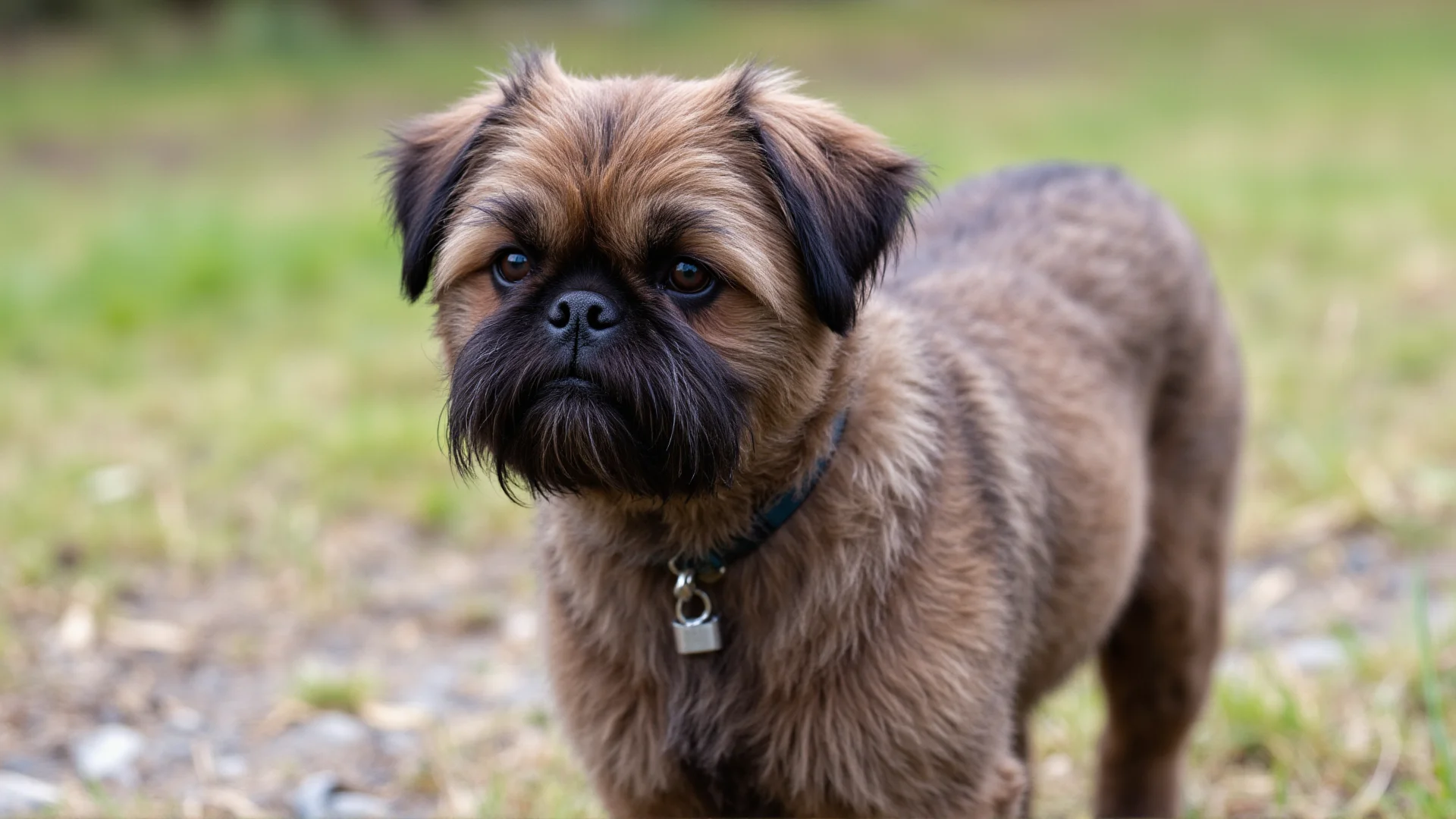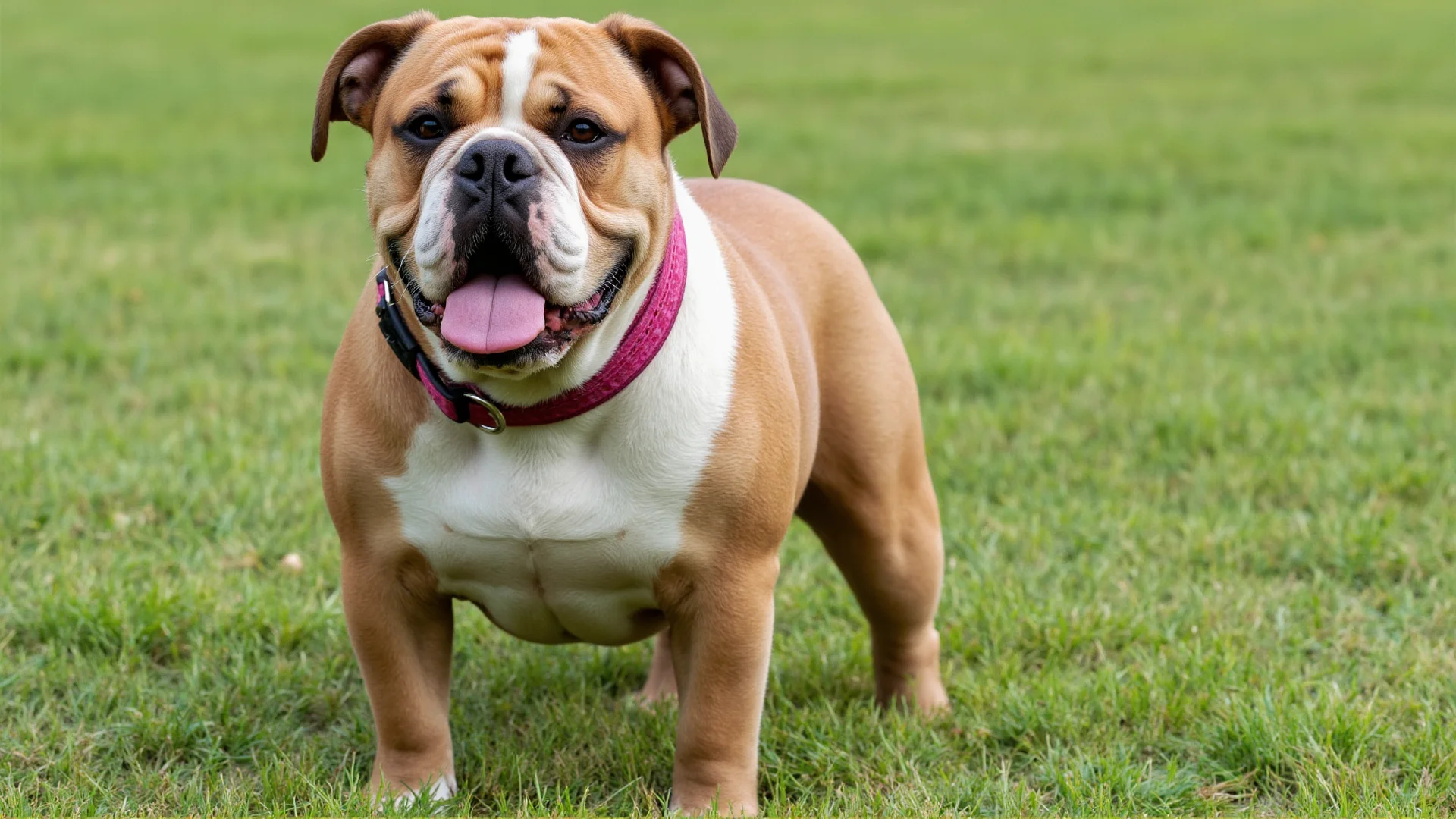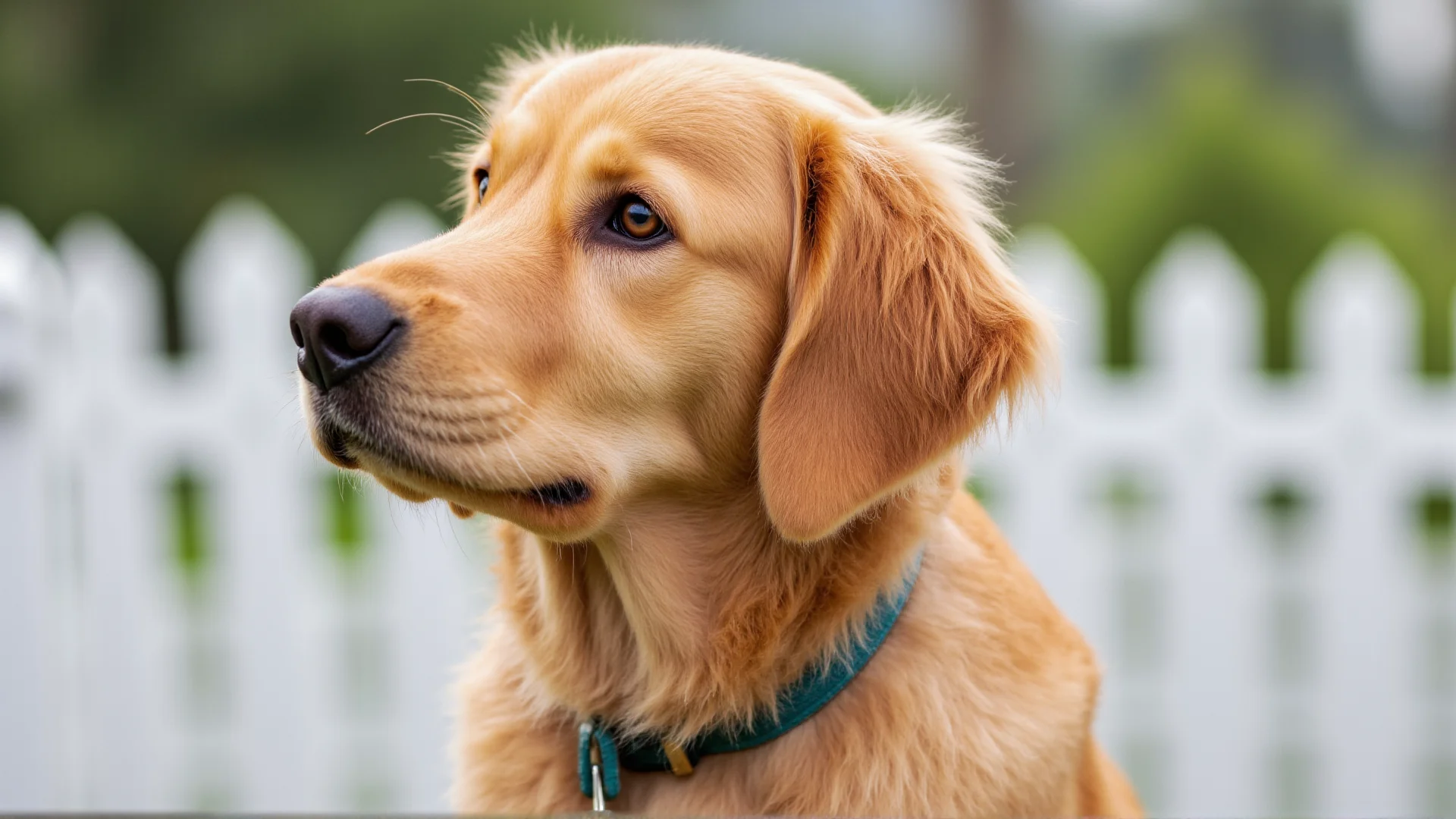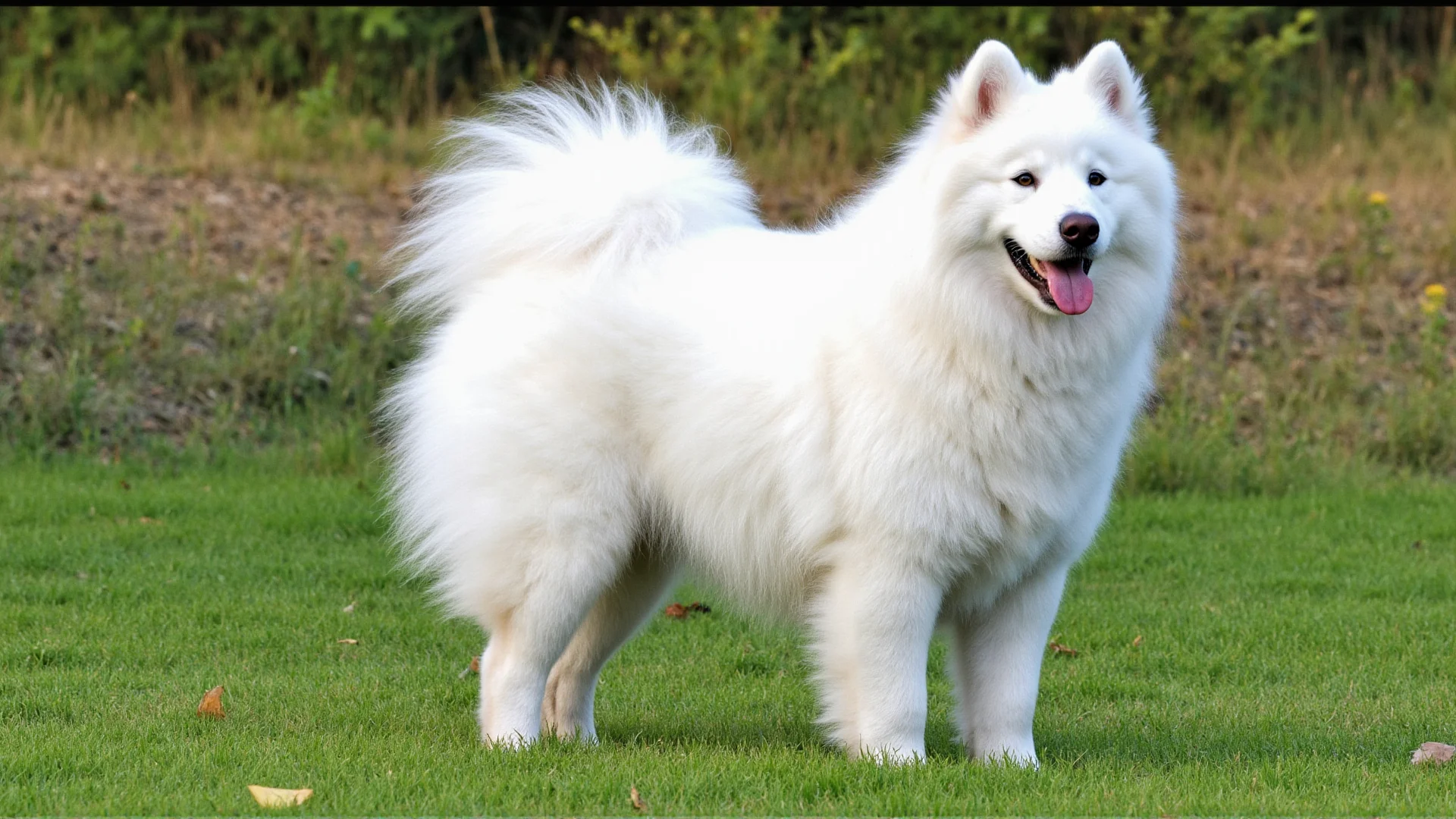Brussels Griffon: The Ultimate Small Companion Dog Guide
When it comes to finding the perfect companion dog, few breeds can match the charm, personality, and unwavering loyalty of the Brussels Griffon. These small but mighty dogs have captured hearts worldwide with their expressive faces, loving nature, and remarkable ability to form deep bonds with their human families. If you're considering adding a Brussels Griffon to your family or already share your life with one, this comprehensive guide will help you understand what makes these dogs such exceptional companions.
The Brussels Griffon: A Brief Overview
Originally bred in Belgium during the 1800s, the Brussels Griffon was developed as a companion dog for nobility and wealthy merchants. Unlike many small breeds that were originally working dogs, the Brussels Griffon was specifically created for companionship, making them naturally inclined toward forming strong bonds with their human families.
These compact dogs typically weigh between 8-10 pounds and stand 7-10 inches tall, making them ideal for apartment living and perfect lap companions. Their distinctive beard and mustache give them an almost human-like expression that's both endearing and amusing, earning them the nickname "monkey face" among enthusiasts.
Why Brussels Griffons Excel as Companion Dogs
Exceptional Emotional Intelligence
Brussels Griffons possess remarkable emotional intelligence that sets them apart from many other small breeds. They seem to have an innate ability to read their owner's moods and respond accordingly. When you're having a difficult day, your Brussels Griffon will likely sense your distress and offer comfort through gentle nuzzling or simply staying close by your side.
This emotional awareness makes them excellent therapy dogs and emotional support animals. Many owners report that their Brussels Griffon seems to know exactly when they need companionship and when they need space, demonstrating a level of sensitivity that's truly remarkable in the canine world.
Adaptable to Your Lifestyle
One of the greatest strengths of the Brussels Griffon as a companion dog is their adaptability. Whether you're an active individual who enjoys daily walks and outdoor adventures, or someone who prefers quiet evenings at home, your Brussels Griffon will happily adjust to your lifestyle.
These dogs are content with moderate exercise – a daily walk and some indoor playtime are usually sufficient to keep them happy and healthy. This makes them ideal companions for seniors, busy professionals, or anyone who wants a dog that can easily fit into their existing routine without requiring extensive lifestyle changes.
Building a Strong Bond with Your Brussels Griffon
The Importance of Early Socialization
To maximize your Brussels Griffon's potential as a companion dog, early socialization is crucial. These dogs can be somewhat reserved with strangers if not properly socialized, which might limit their ability to be comfortable in various social situations with you.
Start by exposing your Brussels Griffon puppy to different people, places, sounds, and experiences in a positive, controlled manner. Take them to dog-friendly stores, introduce them to friends and family members, and allow them to experience different environments while they're young and impressionable.
Creating Daily Bonding Rituals
Brussels Griffons thrive on routine and special moments with their owners. Establishing daily bonding rituals can strengthen your relationship and provide your dog with the emotional security they crave. Consider implementing these activities:
- Morning cuddle sessions: Start each day with a few minutes of gentle petting and quiet conversation while your dog is still sleepy and relaxed.
- Training time: Spend 10-15 minutes daily working on basic commands or fun tricks. Brussels Griffons are intelligent and enjoy mental stimulation.
- Evening wind-down: End each day with quiet time together, perhaps while watching television or reading, allowing your dog to simply be close to you.
Understanding Your Brussels Griffon's Unique Needs
Grooming as Bonding Time
Brussels Griffons come in two coat varieties: rough and smooth. The rough coat requires regular brushing to prevent matting and may need professional grooming every 6-8 weeks. Rather than viewing grooming as a chore, embrace it as an opportunity for bonding.
Many Brussels Griffons enjoy being brushed when it's done gently and consistently. Start grooming routines early and always pair them with positive experiences like treats and praise. This not only keeps your dog looking their best but also provides regular opportunities for physical contact and bonding.
Mental Stimulation Needs
Despite their small size, Brussels Griffons are intelligent dogs that require mental stimulation to be truly happy companions. Bored Brussels Griffons may develop behavioral issues like excessive barking or destructive chewing, which can strain the human-dog relationship.
Provide mental enrichment through:
- Puzzle toys and treat-dispensing devices
- Hide-and-seek games throughout the house
- Teaching new tricks or commands
- Rotating toys to maintain novelty
- Short training sessions that challenge their problem-solving abilities
Health Considerations for Long-term Companionship
Common Health Issues
To ensure your Brussels Griffon remains a healthy, long-term companion, it's important to be aware of health issues common to the breed. These may include:
- Respiratory issues: Due to their flat faces, Brussels Griffons can experience breathing difficulties, especially in hot weather or during intense exercise.
- Eye problems: Their prominent eyes are vulnerable to injuries and conditions like cataracts or progressive retinal atrophy.
- Luxating patella: Kneecap dislocation is relatively common in small breeds like the Brussels Griffon.
Regular veterinary check-ups, maintaining a healthy weight, and being attentive to any changes in your dog's behavior or physical condition will help ensure many happy years together.
Nutrition for Optimal Health
Proper nutrition plays a crucial role in your Brussels Griffon's ability to be an active, healthy companion throughout their life. These small dogs have fast metabolisms and may need to eat more frequently than larger breeds.
Choose a high-quality dog food formulated for small breeds, and consider dividing their daily food allowance into two or three smaller meals to prevent hypoglycemia and aid digestion. Always consult with your veterinarian about the best nutritional plan for your individual dog's needs.
Training Your Brussels Griffon for Better Companionship
Positive Reinforcement Techniques
Brussels Griffons respond exceptionally well to positive reinforcement training methods. These sensitive dogs want to please their owners and will work hard for praise, treats, and affection. Harsh training methods can damage the trust and bond that make Brussels Griffons such wonderful companions.
Focus on reward-based training that strengthens your relationship while teaching important life skills. Key commands for companion dogs include:
- "Come": Essential for safety and allowing off-leash freedom in appropriate areas
- "Stay": Useful in many situations and helps build impulse control
- "Quiet": Important for managing barking in apartment or close-neighbor situations
- "Leave it": Protects your dog from potentially harmful items they might encounter
Addressing Separation Anxiety
Because Brussels Griffons form such strong bonds with their owners, they can be prone to separation anxiety. This condition can significantly impact their quality of life and your ability to leave them alone when necessary.
Prevent separation anxiety by gradually acclimating your dog to alone time from an early age. Start with very short departures and gradually increase the duration. Create positive associations with your leaving by providing special toys or treats that only come out when you're gone.
The Brussels Griffon in Different Life Stages
Puppyhood: Building the Foundation
The first few months with your Brussels Griffon puppy are crucial for establishing the strong bond that will define your relationship for years to come. During this time, focus on:
- Consistent, gentle handling to build trust
- Positive exposure to new experiences
- Establishing routines that will provide security
- Basic training using reward-based methods
Adult Years: Deepening the Bond
Adult Brussels Griffons often become even more attuned to their owners' needs and routines. This is when the true companionship aspect of the breed shines. Your dog will likely develop favorite activities, preferred resting spots, and a deep understanding of your daily schedule.
Senior Years: Compassionate Care
As your Brussels Griffon ages, their needs may change, but their desire for companionship typically remains strong. Senior dogs may require adjustments to exercise routines, more frequent veterinary care, and additional comfort measures, but they often become even more appreciative of quiet time spent with their beloved owners.
Conclusion: A Lifetime of Companionship
The Brussels Griffon's combination of intelligence, adaptability, emotional sensitivity, and unwavering loyalty makes them exceptional companion dogs for the right owner. Their small size and moderate exercise needs make them suitable for various living situations, while their big personalities ensure they'll never fade into the background of your life.
By understanding their unique needs, providing proper training and socialization, and nurturing the special bond that Brussels Griffons are capable of forming, you'll discover why these remarkable little dogs have been treasured companions for over a century. Whether you're seeking a loyal friend for your golden years, a emotional support animal, or simply a loving family pet, the Brussels Griffon offers a depth of companionship that few breeds can match.
Remember that every dog is an individual, and building a strong companion relationship takes time, patience, and consistent effort. But for those willing to invest in the relationship, a Brussels Griffon will reward you with years of devoted friendship, unconditional love, and the kind of companionship that truly enriches life.




